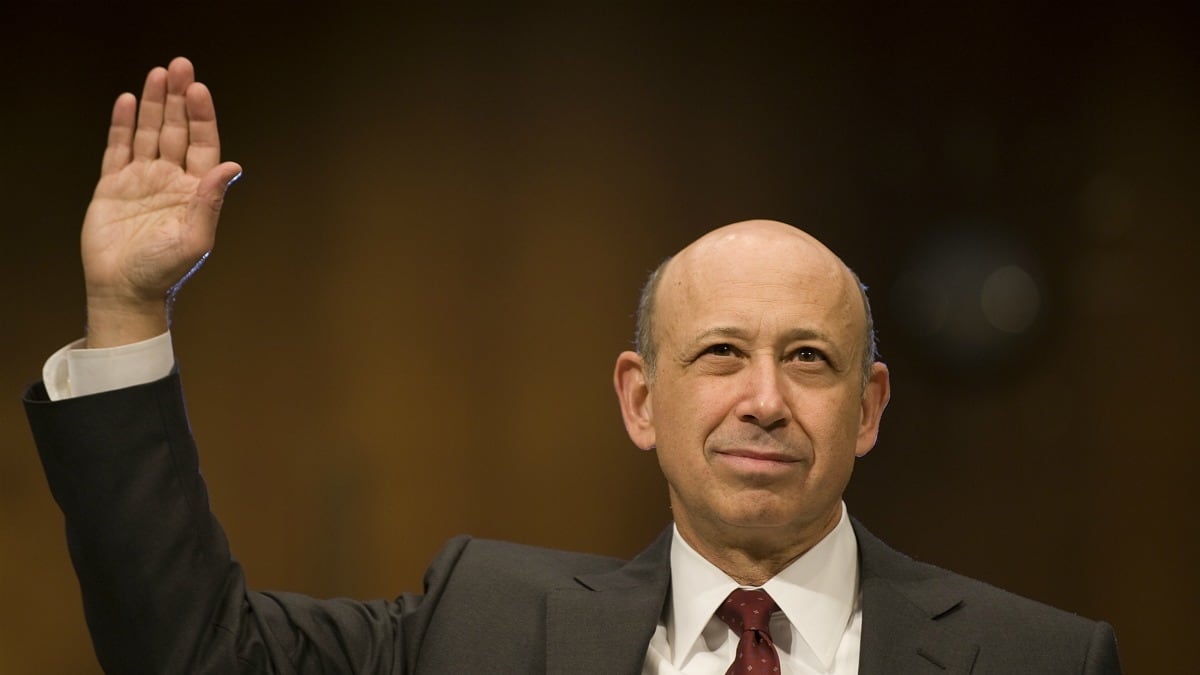
Our daily poll today was inspired by Greg Smith's resignation from his position at Goldman Sachs. Smith was a former executive director at Goldman and head of its derivatives business on three continents. In his resignation letter, he had nothing kind to say about his former employers, describing them has callous and reprehensible:
Today, many of these leaders display a Goldman Sachs culture quotient of exactly zero percent. I attend derivatives sales meetings where not one single minute is spent asking questions about how we can help clients. It’s purely about how we can make the most possible money off of them. If you were an alien from Mars and sat in on one of these meetings, you would believe that a client’s success or progress was not part of the thought process at all.
It makes me ill how callously people talk about ripping their clients off. Over the last 12 months I have seen five different managing directors refer to their own clients as “muppets,” sometimes over internal e-mail. Even after the S.E.C., Fabulous Fab, Abacus, God’s work, Carl Levin, Vampire Squids? No humility? I mean, come on. Integrity? It is eroding. I don’t know of any illegal behavior, but will people push the envelope and pitch lucrative and complicated products to clients even if they are not the simplest investments or the ones most directly aligned with the client’s goals? Absolutely. Every day, in fact.
The condemnation covers all levels of Goldman Sachs, from the leadership to the newest recruits:
These days, the most common question I get from junior analysts about derivatives is, “How much money did we make off the client?” It bothers me every time I hear it, because it is a clear reflection of what they are observing from their leaders about the way they should behave. Now project 10 years into the future: You don’t have to be a rocket scientist to figure out that the junior analyst sitting quietly in the corner of the room hearing about “muppets,” “ripping eyeballs out” and “getting paid” doesn’t exactly turn into a model citizen.
This confirms many of the worst opinions people had about the firm, but what does Smith hope to achieve by slamming the door like this on the way out?
Felix Salmon considers the possibility that Smith is actually preparing for a career in financial regulation:
If Smith ends up founding or joining a rival company, his decision to harm Goldman as deeply as possible will end up looking rather self-serving. On the other hand, if he goes to, say, join his former colleague Gary Gensler at the CFTC, working to regulate all investment banks from the outside and to try to level the playing field between the buy-side and the sell-side as much as possible, then we might start taking him a bit more seriously. Smith has declared a serious moral purpose today; that’s not something you can wear for just one news cycle before moving on to the next thing, and so I hope and trust that he’s going to spend the proceeds of his ill-gotten final bonus check in the service of that moral purpose.
Other journalists are also suspicious about Smith's motives. The notoriously cynical Zero Hedge sums up the reaction from some of the more seasoned Wall Street watchers:
Stop us when this confession from Greg Smith, a now former executive director and head of the Goldman's United States equity derivatives business in Europe, the Middle East and Africa, sounds exactly like everything we have said about the firm over the past 3+ years (and why we just can't wait for the next trading "recommendation" from Tom Stolper).
Even if some people are not surprised, it is still pretty stunning to have an insider describe Goldman in this manner.






